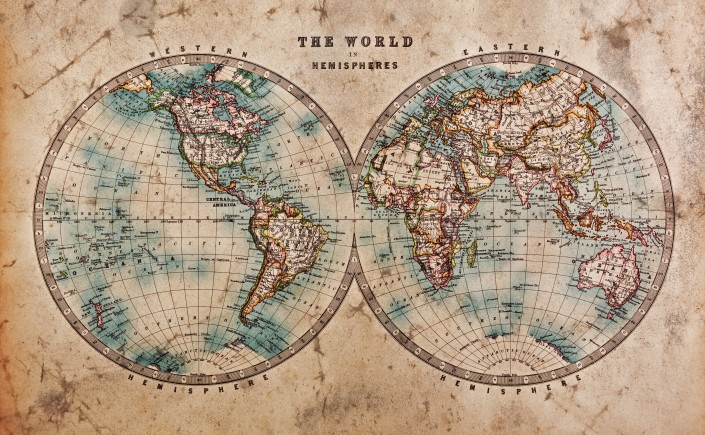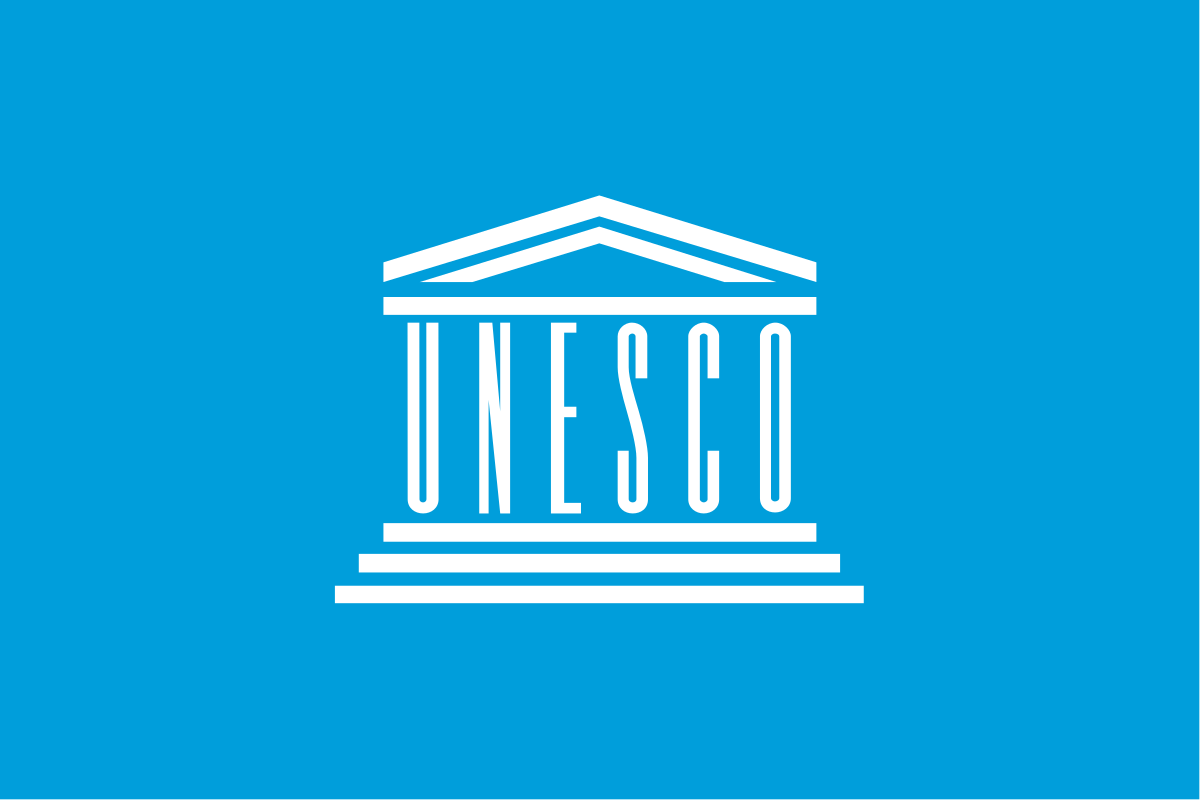Stamp: Puys Chain Limagne Fault. 4 (France- Personalized stamps 2018)
Puys Chain Limagne Fault. 4 (France- Personalized stamps 2018)
01 July (France- Personalized stamps ) within release Collector. Puys Chain Limagne Fault goes into circulation Stamp Puys Chain Limagne Fault. 4 face value Lettre No Face Value
| Stamp Puys Chain Limagne Fault. 4 in catalogues | |
|---|---|
| Colnect codes: | Col: FR-MON 2018-122/4 |
Stamp is square format.
Also in the issue Collector. Puys Chain Limagne Fault:
- Stamp - Puys Chain Limagne Fault. 1 face value Lettre;
- Stamp - Puys Chain Limagne Fault. 2 face value Lettre;
- Stamp - Puys Chain Limagne Fault. 3 face value Lettre;
- Stamp - Puys Chain Limagne Fault. 4 face value Lettre;
- Stamp - Puys Chain Limagne Fault. 5 face value Lettre;
- Stamp - Puys Chain Limagne Fault. 6 face value Lettre;
- Stamp - Puys Chain Limagne Fault. 7 face value Lettre;
- Stamp - Puys Chain Limagne Fault. 8 face value Lettre;
- Booklet - Puys Chain Limagne Fault. Unesco Heritage Site face value 8*Lettre;
Stamp Puys Chain Limagne Fault. 4 it reflects the thematic directions:
Geography (from Ancient Greek γεωγραφία geōgraphía; combining gê 'Earth' and gráphō 'write') is the study of the lands, features, inhabitants, and phenomena of Earth. Geography is an all-encompassing discipline that seeks an understanding of the Earth and its human and natural complexities—not merely where objects are, but also how they have changed and come to be. While geography is specific to Earth, many concepts can be applied more broadly to other celestial bodies in the field of planetary science. Geography has been called "a bridge between natural science and social science disciplines
In geology, rock (or stone) is any naturally occurring solid mass or aggregate of minerals or mineraloid matter. It is categorized by the minerals included, its chemical composition, and the way in which it is formed. Rocks form the Earth's outer solid layer, the crust, and most of its interior, except for the liquid outer core and pockets of magma in the asthenosphere. The study of rocks involves multiple subdisciplines of geology, including petrology and mineralogy. It may be limited to rocks found on Earth, or it may include planetary geology that studies the rocks of other celestial objects.
The United Nations Educational, Scientific and Cultural Organization (UNESCO; pronounced /juːˈnɛskoʊ/) is a specialized agency of the United Nations (UN) with the aim of promoting world peace and security through international cooperation in education, arts, sciences and culture. It has 194 member states and 12 associate members,as well as partners in the non-governmental, intergovernmental and private sector. Headquartered in Paris, France, UNESCO has 53 regional field offices and 199 national commissions
A volcano is a rupture in the crust of a planetary-mass object, such as Earth, that allows hot lava, volcanic ash, and gases to escape from a magma chamber below the surface. The process that forms volcanoes is called volcanism.




